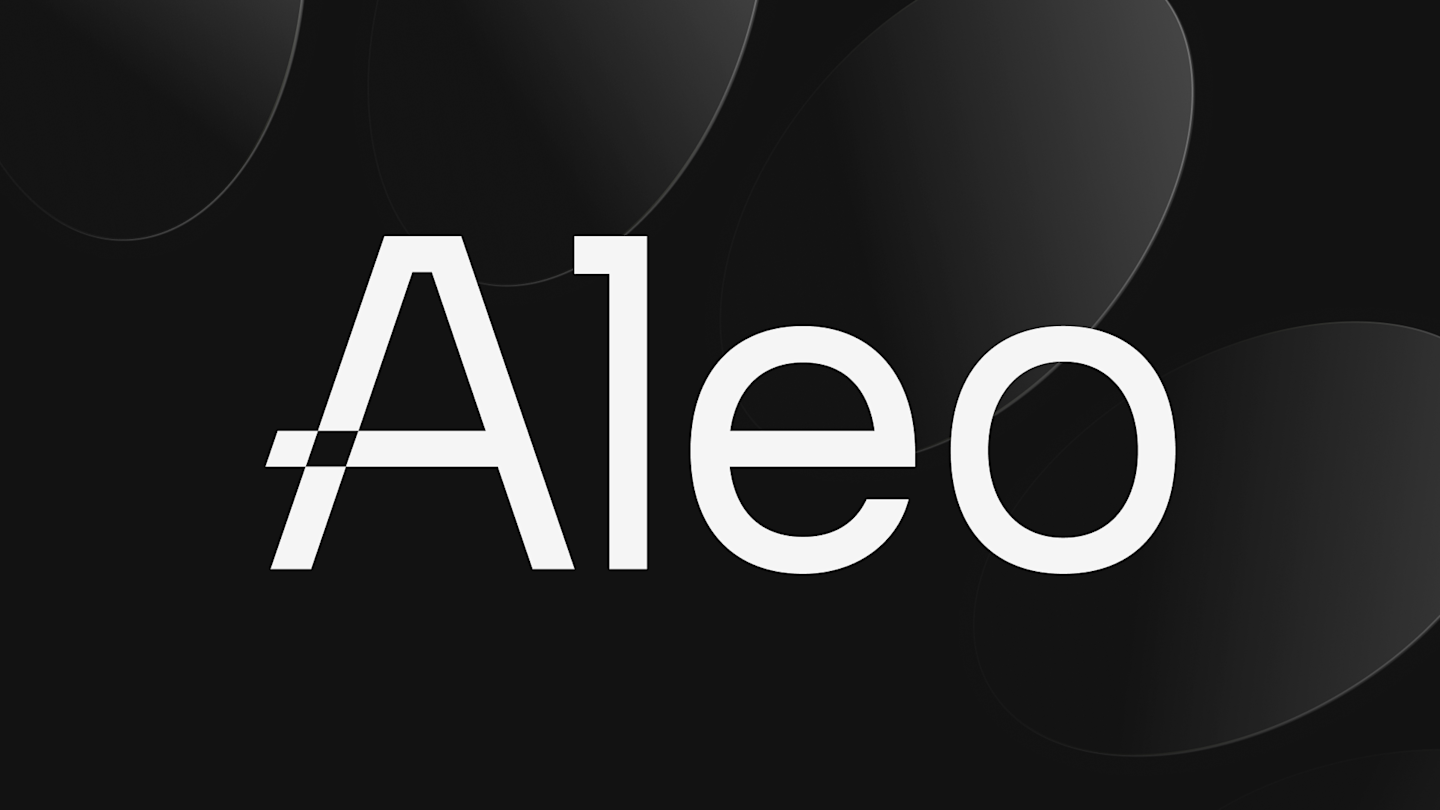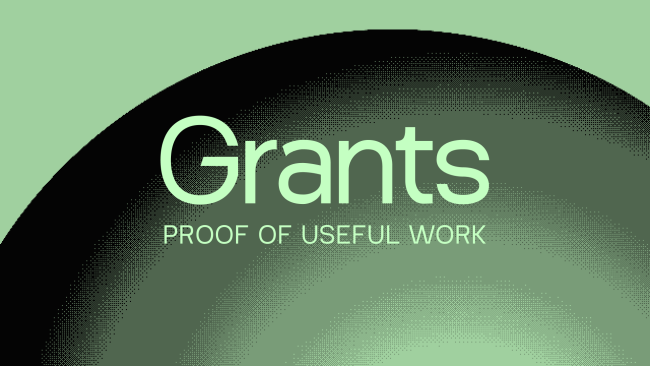How Aleo works: Building the Aleo Network together

The Aleo Network is only as strong as the people who come together to create it, motivated by the promise of enabling safer applications for a better web.
This mutually beneficial ecosystem is built on a novel privacy-focused consensus algorithm on the Aleo blockchain, which uses zero-knowledge proofs (ZKPs) to give people more control over their data and who has access to it.
With Aleo, developers can protect privacy through ZKPs and create safe, secure digital identity and credentialing solutions that comply with local laws and regulations.
Developers can use these ZKPs to build privacy-preserving (yet compliant) applications on the Aleo blockchain. This digital ledger is run and maintained through the hard work of three groups of participants within the Aleo Network, who each earn Aleo Credit rewards for their contributions:
Stakers, who lock up Aleo Credits to help validators participate in consensus on the Network.
Provers, who use specialized hardware to generate proofs and solve puzzles that help secure the Network.
Validators, who run nodes, validate transactions, and participate in consensus on the Network.
In this piece, we’ll go into depth on Aleo’s infrastructure, explaining how each Network participant plays their role. Then we will show how Aleo Credits creates a powerful incentive flywheel, ensuring that those who do the most to create a better, privacy-preserving web are properly rewarded for their efforts.
Note: While the Network was originally built by Aleo Systems, it will become an open-source, independent, and fully decentralized Network over time, similar to Ethereum and other open-source decentralized blockchains.
The network participants
Who are stakers?
Stakers are any person or organization that locks up their Credits for a previously agreed-upon amount of time to support the security of the Aleo Network. They can help secure the Network with as little as 1 Aleo Credit but won’t start earning staking rewards until they’ve staked at least 10 Aleo Credits.
Stakers on Aleo are similar to stakers on other decentralized networks. They delegate a portion of their Aleo Credits to validators and in doing so, contribute a respective weight to participate in consensus. They then earn a proportionate amount of Aleo Credits relative to the amount of their staked Credits.
Who are provers?
Provers (sometimes called ZK Miners or ZK Provers) are a distinct zero-knowledge-specific infrastructure class contributing to the Aleo Network.
Provers on Aleo compete with each other using specialized GPUs and CPUs to generate solutions to PoSW (Proof-of-Succinct-Work) Coinbase puzzles by generating SNARK proofs. The more efficient and effective provers are at generating solutions to the Aleo Coinbase puzzles, the higher their chance of earning Aleo Coinbase rewards.
Multiple provers can earn a portion of the Coinbase rewards in proportion to the number of valid puzzle solutions submitted.
Who are validators?
Validators are infrastructure service providers that secure the network through AleoBFT, a Proof-of-Stake-based consensus mechanism that leverages recent consensus research, Bullshark, and its directed-acyclic-graph (DAG) Narwhal-Style memory pool.
AleoBFT is optimized to be particularly cost-effective and secure as a consensus mechanism. Users can package information offchain and upload it as a less data-heavy proof, greatly reducing the Network (sometimes conceptualized as “gas” fees) necessary to participate. They do this while still getting the proven security of Proof of Stake models and the ability to reduce how much sensitive data they share by packing them into zero-knowledge proofs.
Validators use SnarkOS software to verify and confirm blocks of transactions and participate in Aleo’s consensus mechanism to agree on state. They can include proofs from provers when creating blocks and earn rewards and fees for their work securing the network.
Validators must have at least 1 million Aleo Credits to get started.
Aleo Credits
Aleo Credits allow users and developers to obtain verification and data services on the Network while compensating service providers for their work securing the Network.
Aleo Credits serve a crucial role in creating a mutually beneficial ecosystem by:
Granting access. Credits are used to access blockspace and computational resources on the Network, with users paying them to submit transactions and have them processed.
Creating incentives. Provers and validators are rewarded in Credits by the protocol for securing it, incentivizing a robust decentralized Network.
Enabling staking. Credits can be staked with validators to produce blocks and provide Network security, with Stakers receiving a pro-rata share of Network rewards in return.
Powering governance. After mainnet launch, Aleo Credit holders may participate in decentralized governance, voting on upgrades and changes to the protocol.
How Aleo Credits are distributed

Upon mainnet launch, the initial supply of 1.5 billion Aleo Credits will be approximately allocated as follows:
35% to early backers
25% to public distribution and grants
16% split between the Company and the Aleo Foundation
16% to employees and project contributors
8% to strategic partners
The distribution of Credits may change over time in two ways: naturally and algorithmically.
Some contributors may sell their Credits to pay for their expenses, meaning the distribution will naturally move away from the initial holders. Algorithmically, the distribution will change significantly because the “staking” and “proving” rewards will increase the circulating supply of Credits.
This means that, over 10 years, more than 50% of Aleo Credits will be distributed to the public. As a result, the community will grow more and more decentralized from early backers over time.
Build a better web with Aleo
In summary, the Aleo Network relies on its community participants to create a privacy-preserving network. Stakers lock up credits to secure the network, provers generate proofs to solve computational puzzles, and validators participate in consensus and confirm transactions. Meanwhile, Aleo Credits incentivizes all these roles, playing a critical role in Network utility and creating a powerful flywheel for Network participation and adoption.


